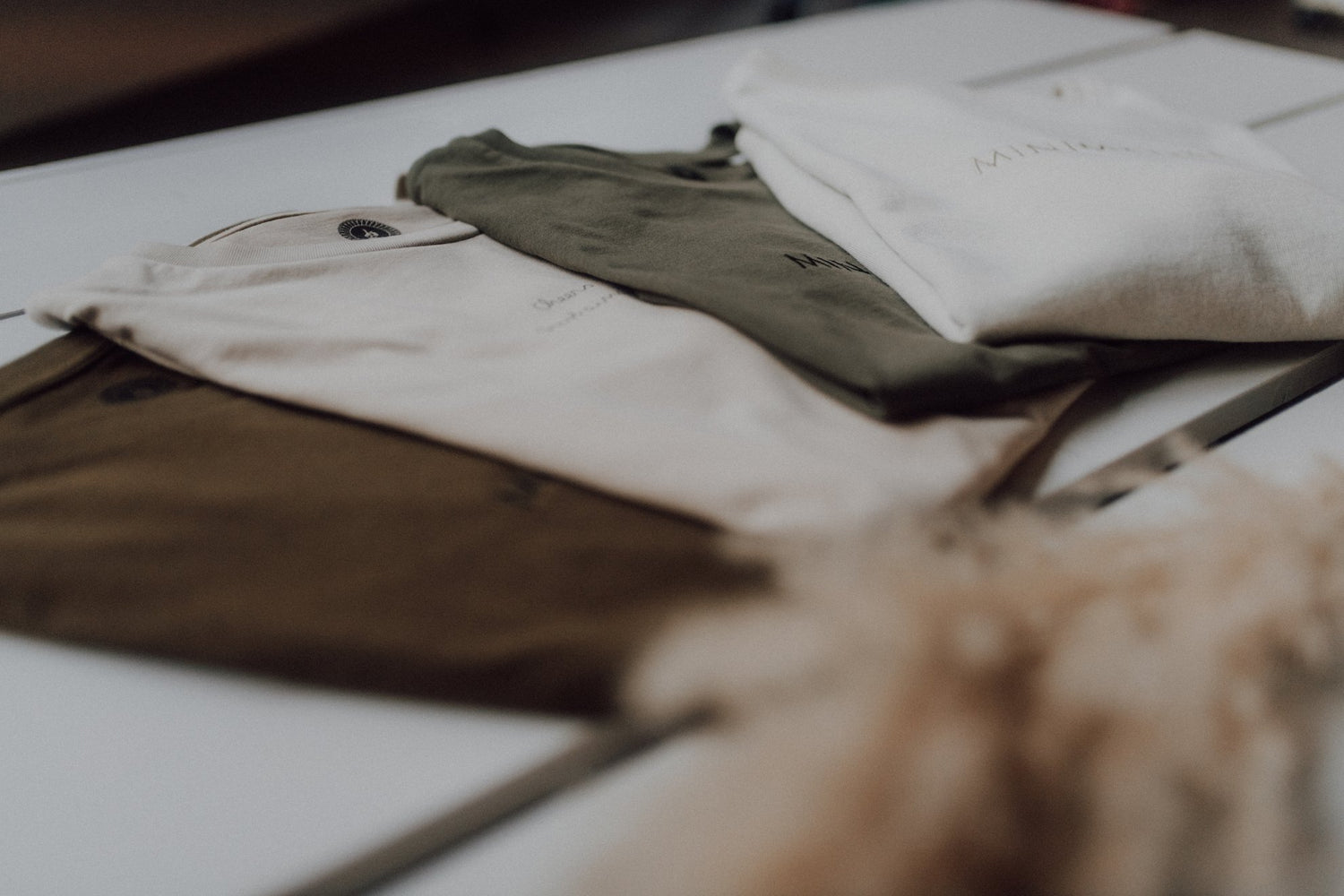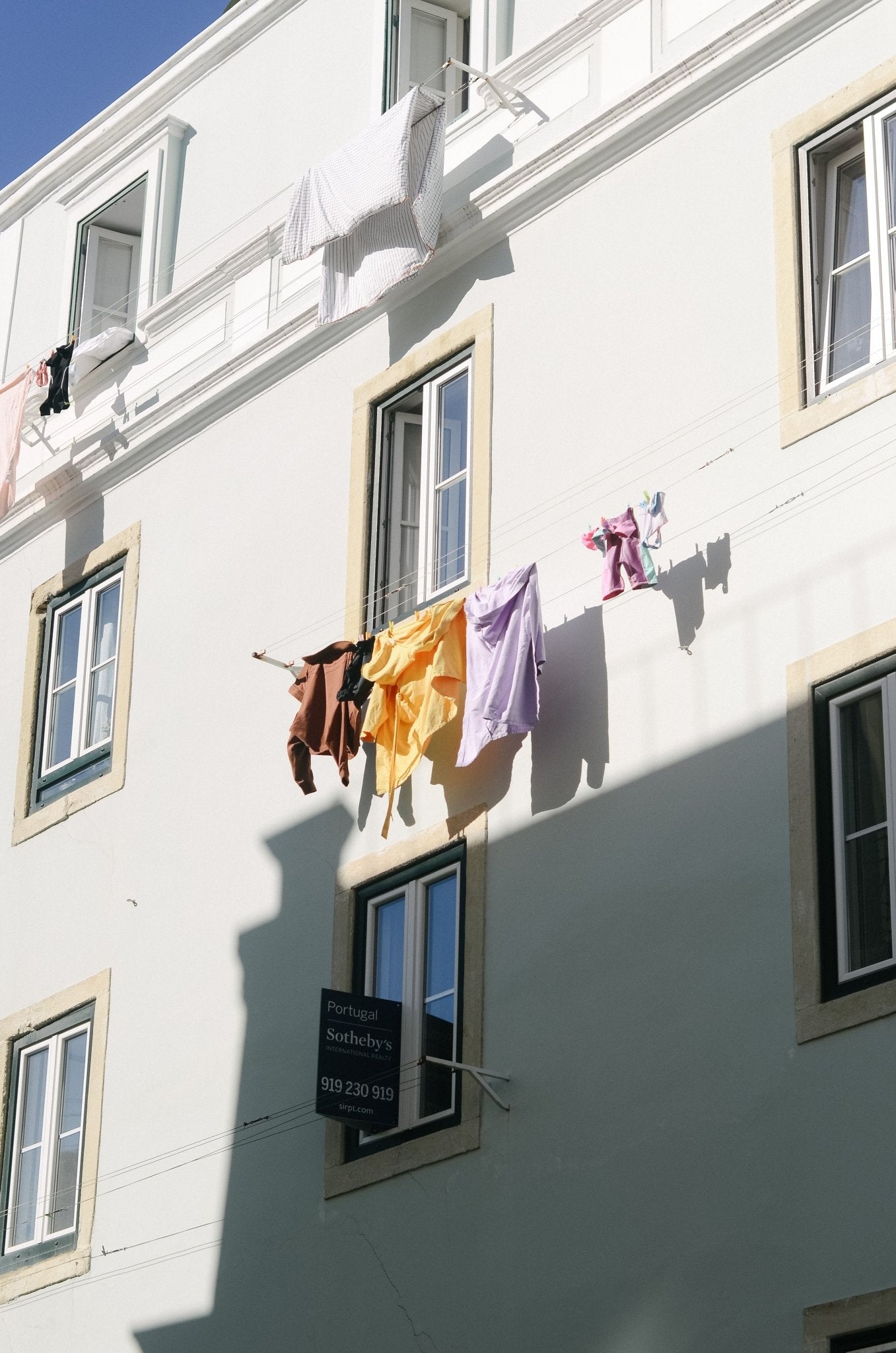Written by Finn Hartwich
What is cotton?
Cotton is everywhere. You’re probably even wearing it right now. And what about those white slippers you stole from that fancy hotel last year? Also cotton (most likely).
It’s no surprise that cotton is the most used natural fibre for clothes. Based on recent numbers, it accounts for around 20% of fibres used for textiles. The annual global output of cotton is a staggering 25 million tonnes, with China, India, Pakistan, Brazil and the US (yup) producing 80% of the world’s cotton supply. Since cotton itself is a natural fibre, it’s often coined “eco-friendly” or “sustainable”, but don’t be fooled by such statements. Cotton isn’t really sustainable. Unless it’s organic.
Ok, got it. And what is organic cotton?
Chances are high that you have noticed a trend towards consuming more organic foods and using more organic materials in clothing over the last few years. It shows that there is a growing consciousness regarding issues linked to our health and the health of our planet. But is organic cotton really better than conventional cotton? Let’s have a look.
So, what is organic cotton? Fair question. Organic cotton is cotton that is produced and certified to organic agricultural standards to maintain the health of soils, ecosystems and people. Organic cotton farming forbids the use of GMOs (genetically modified organisms) and dangerous chemicals. While conventional cotton uses between 16-25% of the world’s total pesticides, organic cotton uses no synthetic pesticides at all. The same goes for herbicides and insecticides.

Some benefits of organic cotton
Next to being GMO free & using no synthetic chemicals, organic cotton offers a wide range of additional benefits. Here’s a few of them.
Organic cotton uses less water
Although critics may argue, organic cotton uses less (fresh) water than conventional cotton. Fields are 80% rain-fed, which significantly decreases pressure on local water sources. The absence of nasty chemicals also means groundwater levels are kept safe & clean.
Organic cotton reduces the environmental footprint
Organic cotton doesn’t harm the soil, has less impact on the air, while using up to 88% less water and 62% less energy. It also helps to tackle climate change by keeping carbon in the soil.
Organic cotton offers farmers more freedom
Conventional cotton is usually grown as a monoculture - which involves the production of just one type of crop. Organic cotton farming requires that farmers grow a diversity of crops to maintain healthy soil. These crops often serve as a source of food or generate extra income for farmers. Makes sense, right?
And it is better for their health
In developing countries, where most cotton is produced, cotton farming accounts for an estimated 50% of total pesticide use. Those pesticides can cause serious harm to cotton farmers and their communities. Farmers get poisoned all the time, in fact up to 77 million cotton workers suffer poisoning - every year. Many of them even die as a result of severe poisoning.
Organic cotton also feels nicer on your skin
Machine picking, the typical way of picking conventional cotton, tends to weaken and break cotton fibers. Organic cotton on the other hand is usually hand-picked, helping fibers to literally stay in shape. This makes it feel much softer and nicer on your skin. It’s also hypoallergenic, meaning it’s well-suited for people with allergies or specific chemical sensitivity.
Organic cotton x Narah Soleigh

When we at Narah Soleigh decided to expand our portfolio beyond sustainable swimwear, we knew that we would want to favour natural fibres wherever we can. Organic cotton was our go-to choice thanks to the above-listed benefits, plus its versatility & durability.
That doesn’t mean we are settled forever, though. We are always on the lookout for more sustainable fabric choices. There is recycled cotton for example, or hemp, or linen. Who knows what the future holds?






Leave a comment
This site is protected by reCAPTCHA and the Google Privacy Policy and Terms of Service apply.